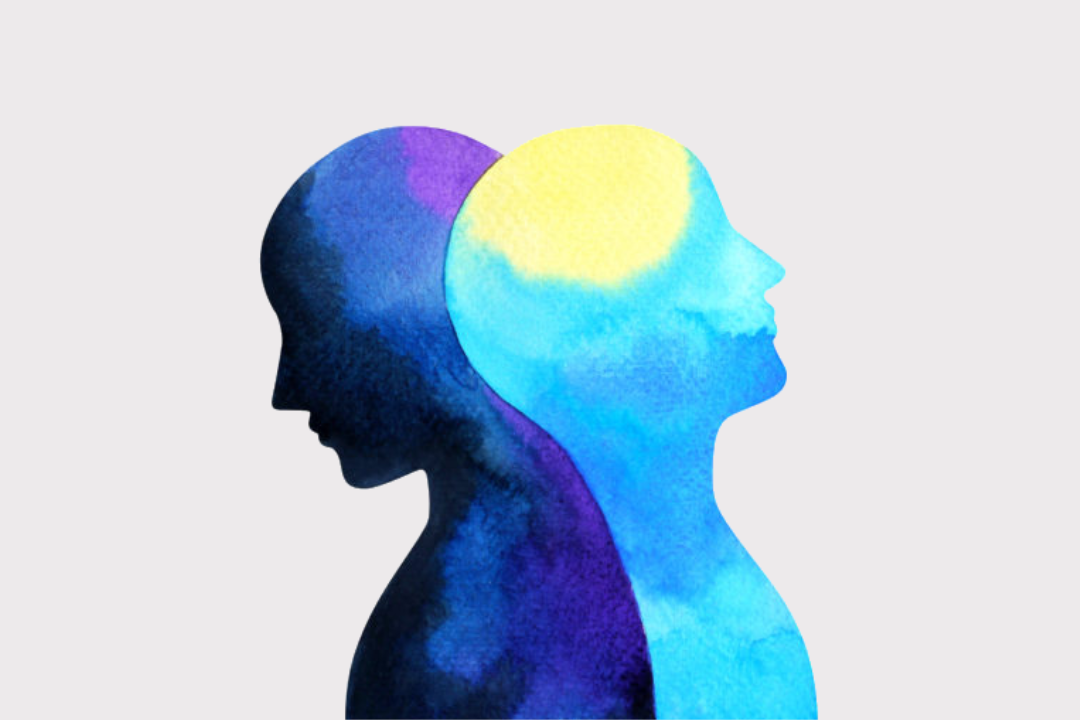When you look at mental health concerns, people often assume that mental health issues are only faced by those who are underprivileged. While that is a whole new myth to bust, there is also a need to focus on the people who belong to these marginalised communities; who’ve never had access to means like therapy.
accessibility of mental health care
Talking about ‘mental health’ is a privilege for us. Most people from marginalized backgrounds never even consider rape, abuse, substance abuse, domestic violence, etc. to be issues - it’s a normal event that just… happens. But more importantly, that also means that the trauma they hold in their bodies is suppressed and neglected because of how normalised these concepts are for them.
If you’ve ever worked in a CCI, which are centres for children who are in need of protection, you would know the kind of treatment that some of them are given. For most of these kids or women, it comes down to survival. Thinking about leaving these shelter homes, mourning the death of their abortions, missing their family back home, or waiting for their case to progress in court are the stressors that they have to worry out. With so many stressors which need to be addressed first, all the therapist can do is provide support and instil hope. And while this may seem like it’s not a lot to the therapist, it means a great deal to that individual.
For therapists in these settings, there's only so much they can do. Keeping hope for their safety is probably the only thing they can count on.
The feeling of hopelessness and helplessness is a constant for therapists who work in these settings. You want to be able to change something but you don't know how to. You want to be able to reflect and introspect, but you get stuck in averting critical situations instead. When there's so much talk of ‘accessibility’, are we actually making therapy accessible? And if we are, what’s the line between crisis management and therapy?
The definition of ‘therapy’ is different for different populations. For some, it is introspection and incorporating self care, for some, it is understanding ways to avoid abuse, and for others, it means getting out of a shelter home and restarting life. Even the way a therapist looks at the concerns that they come with and the process of therapy changes from one population to another. It comes down to planning resources for them to survive and lead better lives in the future.
So accessibility to means like mental health care, a healthy environment, support, and money in life can also define what therapy means to one.
And sometimes, that’s all that matters.
accessibility of mental health care







